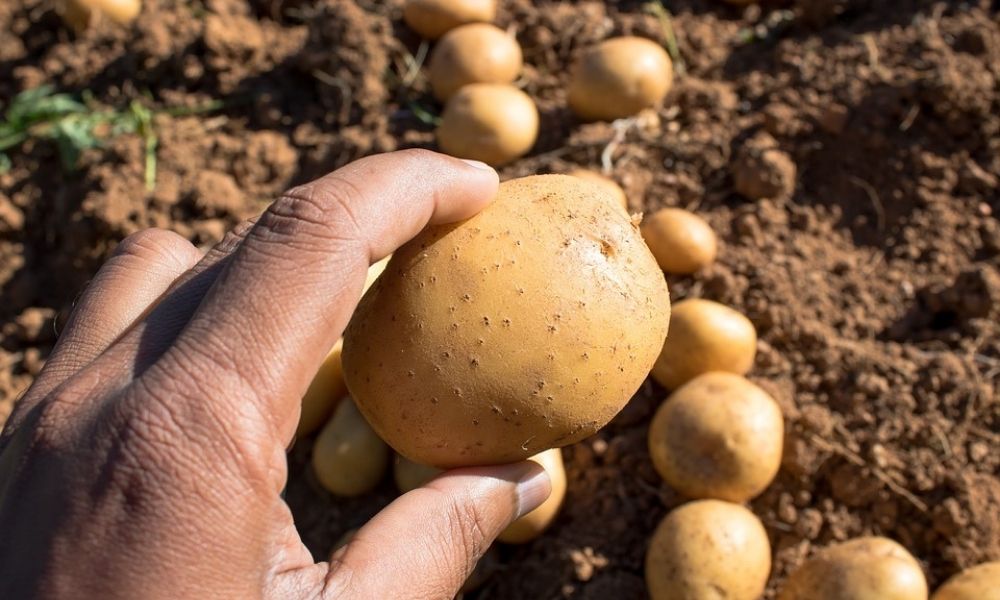
Image Credits: Pixabay
IIT Mandi Develops Computational Model To Detect Disease In Potato Crops
Writer: Tashafi Nazir
For most people, journalism sounds hectic and chaotic. For her, it's a passion she has been chasing for years. With an extensive media background, Tashafi believes in putting efforts on presenting a simple incident in the most interesting way.
Himachal Pradesh, 14 July 2021 11:27 AM GMT
Editor : Sanal M Sudevan |
Keen to explore new things and learn something new every day in the field of jounalism.
Creatives : Tashafi Nazir
For most people, journalism sounds hectic and chaotic. For her, it's a passion she has been chasing for years. With an extensive media background, Tashafi believes in putting efforts on presenting a simple incident in the most interesting way.
The research is led by Dr Srikant Srinivasan, Associate Professor, School of Computing and Electrical Engineering, IIT Mandi, in collaboration with the Central Potato Research Institute, Shimla.
Researchers at the Indian Institute of Technology (IIT) Mandi have developed a computational model for automated disease detection in potato crops using pictures of its leaves, NDTV reported. The research is led by Dr Srikant Srinivasan, Associate Professor, School of Computing and Electrical Engineering, IIT Mandi, in collaboration with the Central Potato Research Institute, Shimla.
Funded by the Department of Biotechnology, the Government of India, the technology uses Artificial Intelligence (AI) techniques to highlight the diseased portions of the leaf. The AI tool known as mask region-based convolutional neural network architecture is used to build the model. Despite the complex background of plant and soil matter, it can precisely distinguish the diseased portion of the leaf.
Reducing Manual Work
The results of the research have recently been published in the journal Plant Phenomics, in a paper co-authored by Dr Srikant Srinivasan, and Dr Shyam K Masakapalli along with research scholars, Joe Johnson, and Geetanjali Sharma, from IIT Mandi, and Dr Vijay Kumar Dua, Dr Sanjeev Sharma, and Dr Jagdev Sharma, from Central Potato Research Institute, Shimla.
Dr Srikant Srinivasan explained that the process of detection and identification of blight in India is hectic as it is carried out manually by trained personnel who scout the field and visually inspect potato foliage.
"Automated disease detection can help in this regard and given the extensive proliferation of the mobile phones across the country, the smartphone could be a useful tool in this regard," Joe Johnson, Research Scholar, IIT Mandi told NDTV.
Also Read: Mason Couple's Son Aims Big, Gets Admission in IIT
 All section
All section














